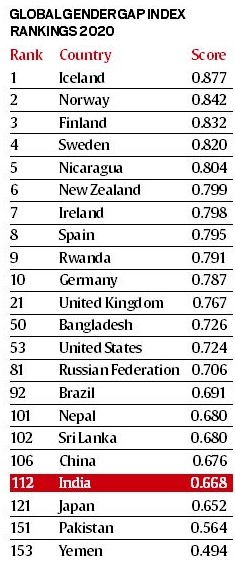7667766266
enquiry@shankarias.in
Global Gender Gap Index
1. Economy
2. Education
3. Health &
4. Political representation.
Other Gender Related Reports

Global Refugee Meet
GEM Samvaad
National Broadband Mission
Recycling of Ships Act
Click here to know about Hong Kong Convention for Ship Recycling
Source: PIB, The Hindu, The Indian Express